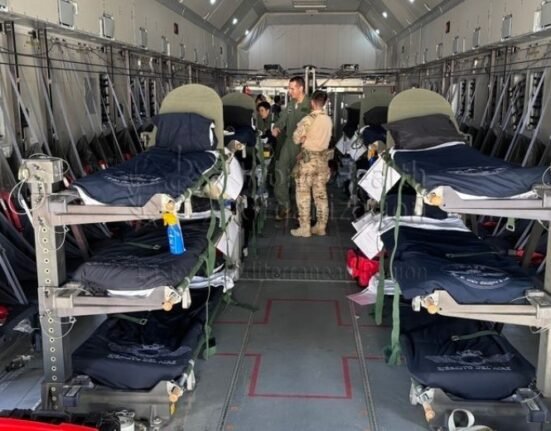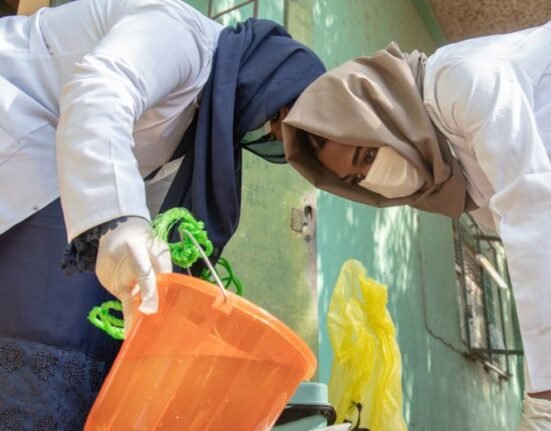HQ Team
January 16, 2024: Over 96,000 children in Afghanistan are in dire need of support almost 100 days after earthquakes devastated the country, according to the United Nations International Children’s Emergency Fund (Unicef).
The cold winter has added to the woes with temperatures hovering below freezing.
A series of earthquakes shook western Afghanistan in early October with a 6.3-magnitude hitting Herat province on Oct. 7, killing more than 1,000 people. The majority of those dead in the quakes in were women and children. Nearly 31,000 homes were destroyed, Unicef said in a statement.
“The atmosphere in these villages is thick with suffering even 100 days after the earthquakes in western Afghanistan when families lost absolutely everything,” said Fran Equiza, Unicef representative in Afghanistan.
“Children are still trying to cope with the loss and trauma. Schools and health centers, which children depend upon, are damaged beyond repair, or destroyed completely,” he added.
“As if this was not enough, winter has taken hold and temperatures hover below freezing,” Equiza said. “Children and families without homes live in life-threatening conditions at night, with no way to heat their temporary shelters.” Many families are still living in tents or sleeping in the open despite the biting cold.
Humanitarian crisis
The Unicef report said that 23.3 million people, including 12.6 million children, need humanitarian assistance in 2024, “mainly due to the residual impacts of a protracted conflict, extreme climate shocks and the country’s severe economic decline.”
The World Health Organization (WHO) recently appealed for $1.5 billion in funding to respond to the health needs of millions of people caught up in dozens of humanitarian crises around the globe, from Ukraine and Gaza to Afghanistan. Two global health emergencies requiring the most urgent funding are COVID and the situation in Afghanistan, where 23.7 million people urgently need access to clean water and sanitation, WHO said.
The Taliban government has failed to rise to the challenge arising from continuous strife and natural disasters. There has been no investment in basic public services, leaving the most vulnerable population destitute, starving, and at the mercy of the elements.
Unicef says that help is needed urgently to meet the needs of the children and their families. They need to survive the winter. Daniel Timme, head of communications for Unicef in Afghanistan, said schools, homes, health facilities, and water systems were destroyed.
“We have money coming in but it’s not enough. These communities need to be independent again. It’s not enough to put out the fire. We need to make it (Afghanistan) more resilient,” Timme said.
Afghanistan Assessment report
According to the Whole of Afghanistan Assessment (WoAA), around 30 percent of households live in inadequate shelters. 86 per cent of households in the lowest income group lack winter clothes for children. Respiratory infections have seen a rise this winter. Since January 2023, a total of 1,237,782 cases and 2,513 deaths due to respiratory infections were reported from 34 provinces across the country. Out of the total cases, 761,631 (61.5%) were under-five children and 612,484 (49.5%) were females. Out of total deaths, 2,066 (82%) were under five children.








